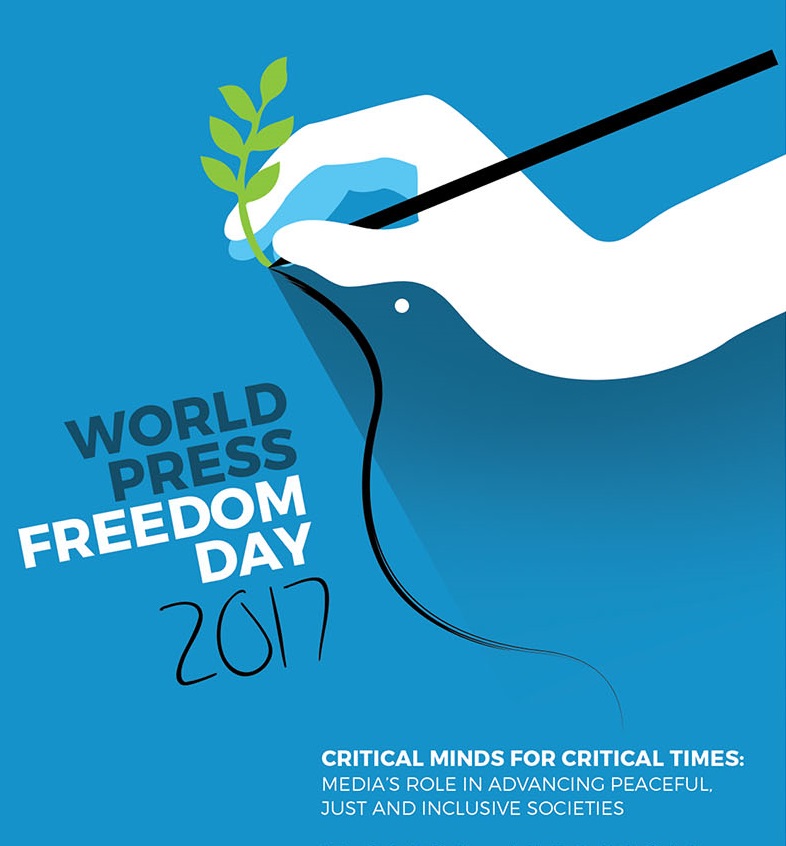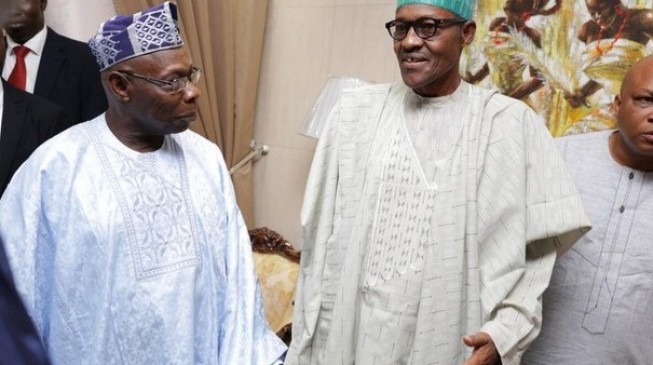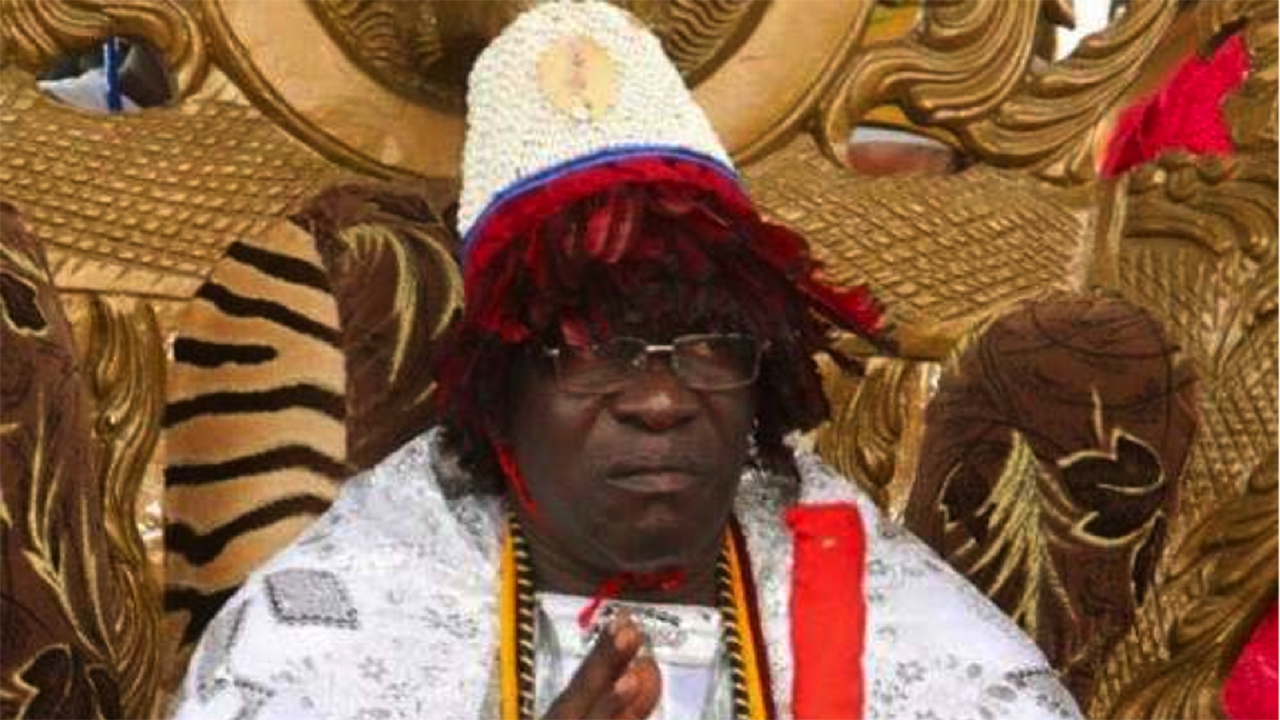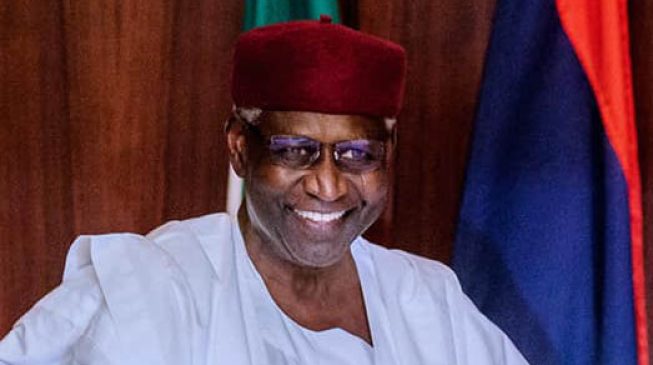How journalists, security men and judiciary could deal with impunity against journalists

Last Wednesday was the World Press Freedom Day. I presented a paper advocating that journalists, security operatives and the judiciary should actively work towards halting impunity against media men. Herewith is the 12-page paper. Here is an excerpt of the paper
Though assaults by security agencies against media workers are considered as some of the items in the basket of hazards of the journalism profession, they are, from the point of view of constitutional provisions, threats to the country’s democracy. Assaults on journalists are crimes against free speech, one of the cornerstones of constitutional democracy. Envisaging that free speech could be violated in diverse guises, the framers of the 1999 Constitution of the Federal Republic of Nigeria (as amended) devoted Section 39, to the subject-matter. The constitution says:
39.(1) Every person shall be entitled to freedom of expression, including freedom to hold opinions and to receive and impart ideas and information without interference.
(2) Without prejudice to the generality of subsection (1) of this section, every person shall be entitled to own, establish and operate any medium for the dissemination of information, ideas and opinions:
Provided that no person, other than the Government of the Federation or of a State or any other person or body authorised by the President on the fulfilment of conditions laid down by an Act of the National Assembly, shall own, establish or operate a television or wireless broadcasting station for, any purpose whatsoever.
(3) Nothing in this section shall invalidate any law that is reasonably justifiable in a democratic society – (a) for the purpose of preventing the disclosure. of information received in confidence, maintaining the authority and independence of courts or regulating telephony, wireless broadcasting, television or the exhibition of cinematograph films; or
(b) imposing restrictions upon persons holding office under the Government of the Federation or of a State, members of the armed forces of the Federation or members of the Nigeria Police Force or other Government security services or agencies established by law.
Yakubu, J.A (2003), commenting on this section, emphasizes the central roles of the freedom of speech and press in every democratic society. He argues that “Where free speech is stifled, it would be impossible to point out the errors of the government. It may even be impossible to give advice to government without fear of molestation or incarceration.” (387).
Citizens’ participation in a democracy does not end with the election of leaders. It stretches to the examination of government and public officials to know if they fit to serve the people. The process of examining government and officials would involve discussions, criticisms and suggestions. It is from this perspective that right of citizens to speak and print becomes crucial.
Don R.P(2003) states that “The right to discuss the government, the right to criticize the government, the right to oppose the government, the right to advocate the change of the government – all these dimensions of free speech and free press are at the center of our [American] political philosophy” (46).
Nigeria’s democracy is modeled after the American system hence, these issues are relevant in contemporary Nigerian democratic experience. Though it is axiomatic that free speech and free press are engrafted in the Nigerian Constitution, and are used as campaign promises by politicians, elected officials constantly use State powers to muzzle the press. Politicians deploy state powers to limit criticisms or other verbal or published attacks on government; they use their power to prevent the publication of ideas or information it believes to be harmful; and to some extent use tax to censor the press.
The Insight Report
Nigeria Coverage



